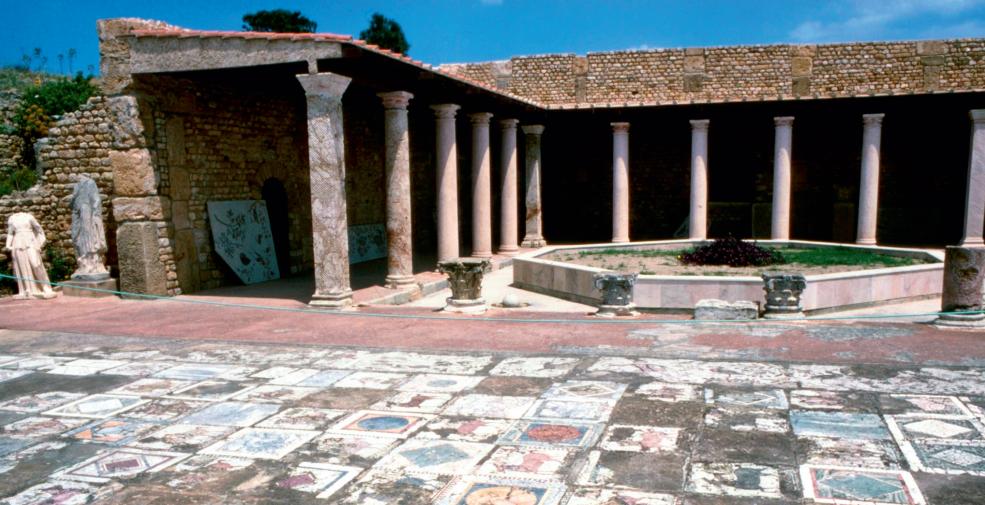Wen | Zhao Kai
The first thing Scipio thought of was his wife. After all, Scipio's father-in-law, Lucius Paulus, was defeated at the Battle of Cannes, but in his early years he also contributed to the Roman conquest of illyria. The Roman populace still had a good feeling for it. His brother-in-law, who had the same name as his father, had just conquered the Lusitanians, who had allied themselves with Hannibal, in Spain. With both Scipio the Great and his brother Lucius Scipio in disrepute, Scipio the Great decided to do everything in his power to support Lucius Paulus on the throne.
Politicians like Scipio the Great naturally understand diversification and long-term layout. As his life was coming to an end, he suddenly betrothed his youngest daughter, Cornelia Aphilignana, to Tiberius Gragu, who had reached the end of his life. The reason why Scipio the Great made this choice ostensibly was because Tiberius Geragu, who was a conservator, had given help to the Scipio family in a series of previous judicial disputes. But on closer examination, it is not difficult to find that the reason why Scipio the Great chose Tiberius Gracgu as his dragon son-in-law, in addition to the young man's unlimited prospects in Roman politics, the more important factor may be that Tiberius Gracchus was also a martyr and orphan in the "Second Punic War".

Mosaic floor of a Roman villa, 2nd-3rd century, Carthage, Tunisia
Although the Gracu family has long been proud of its commoner class, it has also had several consuls in the family. The most famous of these was Tiberius Gragoux, who led a slave volunteer army around Hannibal on the Apennine Peninsula and was unfortunately killed in mid-212 BC. According to some Roman texts, Tiberius and Tiberius, who was elected to the conservator, were brothers born of a mother, although their ages were very different. Their father had already died in The Dead in Canney.
In 182 BC, with the help of the Roman recollection of the legendary hero during the burial of Scipio the Great, his brother-in-law Lucius Paulus was elected consul. It was followed by a southern expedition to the North, and finally in the Third Macedonian War from 171 BC to 169 BC, he captured Philip V's successor Perseus, thus receiving the honorary title of "Macedonian Conqueror". But in that war, Lucius Paulus also embezzled a large amount of booty that should have belonged to the Roman Republic. Because the eating appearance was too ugly, it even almost caused a mutiny among his legions. Fortunately, Lucius Paulus gave the timely order to march to the Epirus region and allowed the soldiers to plunder the Greek city-states such as Morosia, which was able to stabilize the military.'
Ironically, Lucius Paulus's greed and perverse behavior on the battlefield did not seem to have attracted much attention in the city of Rome. The reason for this situation, in addition to the rise of Tiberius Gracchus and other relatives and descendants of Scipio the Great, the Scipio family has formed a strong and stable faction in the Senate, the more important factor is probably that at this moment, as Hannibal's shadow fades, the Roman psychology is becoming more and more unscrupulous.